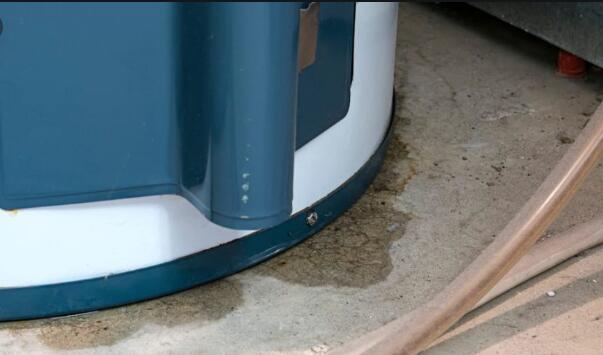In the current technological world, the availability of warm running water is essential to humans’ everyday living. It can range from various functions such as a shower to washing your dishes.
Several factors affect the durability of your water heater, which can cause malfunctions and shorten shelf life. In most cases, it can be difficult to determine when your water heater needs maintenance or simply a replacement.
It doesn’t matter whether your water heater is only half its end life or still working, but if you notice the following signs, then your heater needs a repair or need to be replaced.
Under What Conditions Should You Replace Your Tankless Water Heaters
Inconsistent Temperature
There’s nothing annoying like your heater becoming temperamental that you even don’t know when exactly it is going to spray warm water or cold water. That’s a sign you don’t need to take lightly and ignore, hoping that it will soon get better.
In fact, what you should do is walk to your cell phone and contact a plumber immediately.
Sometimes fluctuating heater temperatures may be as a result of the thermostat being broken, or there’s a heating element that’s being damaged. Therefore, only a professional plumber can identify the problem and then get the malfunctioning parts replaced.
Too much Noise
Is your water heater suddenly making strange loud noises when you’re using? Usually, when a water heater is not cleaned and maintained properly, it tends to accumulate sediments at its bottom, which means that the Noise you hear is a result of water boiling at the bottom of the sediments.

The noise is not what you should be worried about, but the sediment build-up should be your cause of concern. When the sediments are left unchecked, the water that’s percolating in the sediment eventually may result in a leak in the gas water heater or even damage the heating element of the electric water heater.
Is Your Heater Too Old?
Typically, a water heater has its life of about 8-12 years. Therefore, no matter how many replacements or repairs you do on your water heater, it still has a limited lifespan that you need to consider. Once your heater approaches its end life, it won’t matter the repairs or replacements you make to improve its performance; it simply needs a new water heater.
Leaks
Leaks are one of the most common signs to tell you that you need to replace your water heater. If you see puddles of water running from the tank to the drain in the floor, then that should tell you that there’s a leak in your heater. Read about water leak inspections here with this article.
Most leaks are a result of old age or sediment build-up in the heater resulting in overheating in the water tank. The inlet and out connections can be the problem, or the heater drain valve, bottom of the water tank, or even the relief valve. No matter how small a leak can be, it can turn into a large problem eventually. Therefore, any leak should be an indicator of replacement.

Unpleasant Smell
Trusting your sense of smell is another essential means to identify a problem with your water heater. For instance, an unusual smell from the water heater is a clear indication of sediment accumulation inside the tank. When the tank is not drained on a regular basis, bacteria build-up resulting in odors.
An unpleasant smell, such as that of a rotten egg, you can do a quick fix with hydrogen peroxide or Zinc/Aluminum alloy anode. However, if the smell is not eliminated by the quick fixes, then you need to call a plumber.
Rust-Colored Water
With old age comes rusting that eventually causes leaks. If you start to see rust-colored water when you’re taking a shower, especially with hot water, then it’s a sign that you’re up for a new water heater. However, you should first call a plumber to determine the cause of the rust being settling for a new water heater.
Conclusion:
While identifying the signs of a failing water heater is crucial, it’s equally important to consider the benefits of newer, more energy-efficient models. Modern water heaters offer significant improvements in energy use, cost savings, and environmental impact.
Upgrading to a more efficient unit before your old heater fails can prevent the inconvenience of sudden breakdowns and provide a smoother transition. Check here if you need a new water heater
Additionally, considering the environmental benefits and potential utility rebates available for energy-efficient models, the decision to replace an aging water heater becomes not just about addressing wear and tear but also about making a smart, sustainable investment for your home. Learn more with our most reliable water heater brand article.

